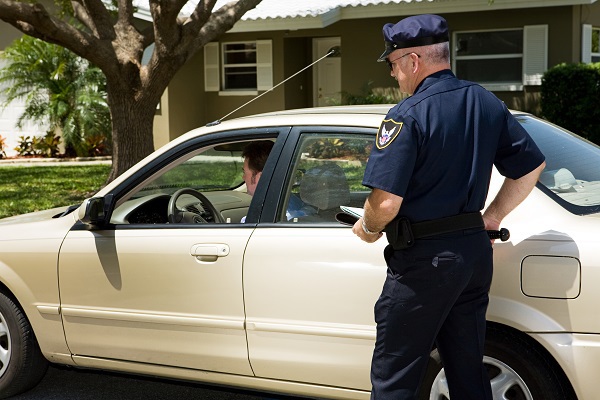How the State Can Seize Innocent Oklahomans’ Property through Civil Asset Forfeiture

Oklahoma’s civil asset forfeiture laws allows police to confiscate your personal property if they believe it is connected to a crime. The laws allow the state to collect millions of dollars in personal property that may have no relationship to a crime at all.
Under civil asset forfeiture laws, citizens “forfeit” property that law enforcement believes had a connection to a crime. Police could seize cash found during a traffic stop, for example, if they suspected it was proceeds from the sale of drugs. The property seized can include anything from cash to vehicles to real estate. Most forfeitures involve cash money. 72% of the nearly $99 million in property seized from 2000 to 2014 in Oklahoma consisted of cash.
The burden of proof is low for law enforcement to justify civil asset forfeiture. The state need only show by a preponderance of the evidence that the assets had a connection to a crime. This means that they need only convince a judge that the connection is more likely than not. Once they make this showing, law enforcement receive an order from the judge allowing them to take your property.
Fighting civil asset forfeiture actions can cost Oklahomans more in legal fees than the property seized is worth. To counteract the problem of costly legal fees, the legislature enacted a law allowing awards of attorney’s fees to people whose assets are seized in a civil forfeiture action. Unfortunately, challenging forfeiture still can be a time-consuming and stressful process.
In a recent example in the news, police found a large amount of cash in a man’s car when he was pulled over in a traffic stop. No drugs were found, but the police seized the $53,000. After fighting the seizure by arguing that the money was raised for two charities, the man finally succeeded in getting the district attorney to return the money.
Prosecutors do not need to make criminal charges or obtain a criminal conviction to begin the forfeiture process. Oklahomans pulled over in traffic stops risk having their vehicles searched and cash or valuables seized just because the police suspect a crime without any criminal charges ever resulting. Those who are charged with a crime can still have their assets seized, even if they show that that assets have no connection to any crime, let alone the one with which they were charged.
Have you been charged with a DUI in Oklahoma and don’t know where to turn? Seek out the attorney who knows the system. Clint Patterson, Esq., of Patterson Law Firm, a former Tulsa prosecutor now using his trial experience and expert-level knowledge of DUI science to defend drivers, has the experience and the insight to evaluate the strengths and weaknesses of your case. To schedule a case evaluation, visit Patterson Law Firm online or call Clint’s office at (918) 550-9175.

